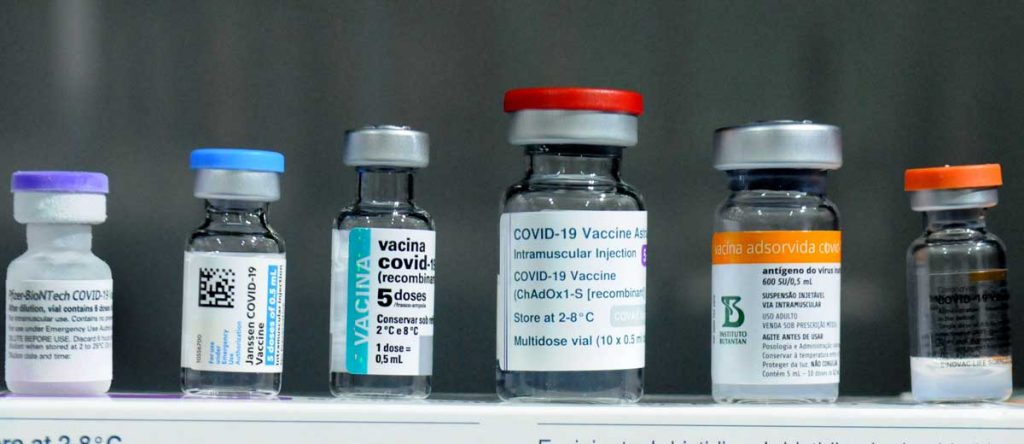India has approved six COVID-19 vaccines for emergency use. They are Covishield, Covaxin, Sputnik V, Johnson and Johnson’s Janssen, Moderna, and ZyCov-D.
The first four are viral vector vaccines, Moderna is an mRNA-based vaccine, and ZyCov-D is a DNA-based vaccine.

Currently, Indians can access only three viral vector vaccines.
The viral vector vaccines use adenovirus (a type of common cold virus) or another harmless virus as a ‘vector’ to carry information to the human cell, and to induce the cell to produce a spike protein (harmless version of coronavirus). The production of this spike protein prompts the immune system to produce antibodies that fight off the virus. So, if and when the coronavirus infects the vaccinated person at a later time, the body will know to produce antibodies.
Three vaccines belonging to the above category – Covishield, Covaxin, and Sputnik V are available in India. Russian-made Sputnik V has limited availability in the private sector, and its proposed manufacture in India hasn’t taken off yet.
Although approved for emergency use, neither Moderna nor Janssen vaccine is available for use. While Johnson and Johnson’s Janssen vaccine is also a viral vector vaccine, it is a single-shot vaccine that does not require a follow-up dose.
Moderna has a different working mechanism. It gives the instructions (mRNA) directly to the cells without using any virus. The cells then produce a protein, and the immune system produces antibodies to deal with it. Touted as cutting-edge technology, this did prompt fears of possible interference with the human DNA, but since it does not enter the nucleus of the cell (where DNA resides), there need not be any fear, say the experts.
Meanwhile, India has approved the world’s first DNA-based ‘ZyCov-D’ vaccine. This is also not yet available. This vaccine makes use of DNA molecules known as ‘Plasmids’ instead of adenovirus or mRNA, and the rest of the functioning is the same. The effectiveness in treating symptomatic coronavirus infection is between 60 to 70 percent.
What is stopping the import of vaccines?
The ‘indemnity’ issue is thought to be a major hurdle, as none of the companies was willing to risk any claims or legal challenges for a vaccine that was approved for emergency use.
Also, there is the usual case of supply and demand.
Tie-ups with Indian manufacturers and other methods are being mulled over to speed up the process, but an exact date of availability is elusive.